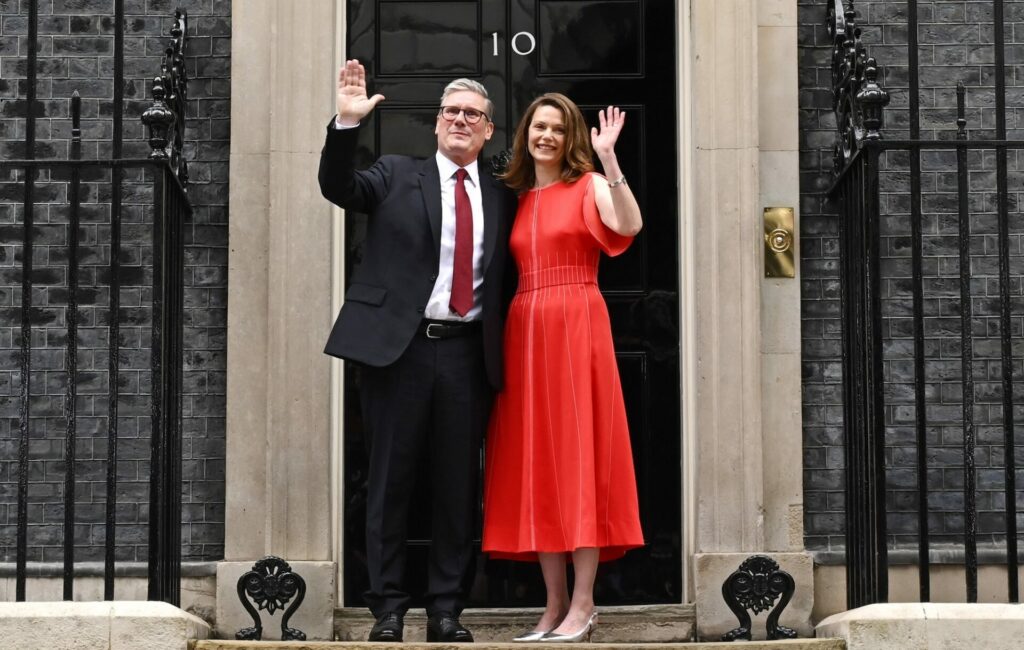350 independent venues face closure as a result of Autumn Budget, government warned
“Over 350 grassroots music venues are now placed at immediate risk of closure, representing the potential loss of more than 12,000 jobs, over £250 million in economic activity and the loss of over 75,000 live music events”
By Nick Reilly

Leading organisations within the music industry have criticised the government’s Autumn Budget, claiming it doesn’t go far enough in protecting UK nightlife and music venues that are at risk of closure.
Today (October 30) saw Chancellor Rachel Reeves unveil the first Budget of the new Labour government. Among the key points were confirmation that the Budget will raise taxes by a collective £40bn, while the minimum wage will rise by 6.7% to £12.21 an hour for people aged 21 and over.
There was also confirmation that business rate relief will reduce to 40% from April 1st, 2025, down from a current rate of 75%. Responding to the Budget, the Music Venue Trust (MVT) said that some 350 independent venues now face closure as a result of the immediate reduction in rate relief.
“Despite extensive briefing to HM Treasury, Department of Culture, Media and Sport and Department for Business and Trade about the negative economic, social and cultural impacts of the removal of the 75% business rate relief for grassroots music venues, the Government has today announced that business rate relief will reduce to 40% from April 1st, 2025,” the MVT said.
“The immediate impact is to create a demand for £7 million in additional premises taxes from a sector that, in 2023, returned an entire gross profit across all 830 such venues in the UK of just £2.9 million. 43% of grassroots music venues in the UK made a loss in 2023.”
It comes after MVT CEO Mark Davyd told Rolling Stone UK about the importance of extending business rate reliefs earlier this year, stressing that the move “will prevent a mass closure of venues in 2025 and won’t cost them any money.”
“Over 350 grassroots music venues are now placed at immediate risk of closure, representing the potential loss of more than 12,000 jobs, over £250 million in economic activity and the loss of over 75,000 live music events,” the MVT said today.
“Simultaneously with announcing this new tax demand, the Government acknowledged the faults and inequities inherent in the business rate system, promising to deliver a new lower rate of taxes on physical, hospitality and leisure premises in April 2026.
“The challenges around business rates and grassroots music venues have been known and accepted for over a decade. Changes in April 2026 are to be welcomed, but will be of no use for the hundreds of music venues that are now likely to be lost before this challenge is finally met with a full, long overdue reform.”

The MVT went on to outline three possible solutions, which can be viewed in full below.
- The Government could think again and act upon the extensive data it has received about the impact of unfair and unreasonable premises tax demands and restore the 75% rate relief for grassroots music venues.
- The Government could create an emergency fund of a maximum of £7 million and allow venues facing the imminent threat of closure to draw down from this fund sufficient funding to meet the new tax demand.
- Every grassroots music venue in the country could install a temporary business rate levy of 50 pence applied to every ticket sold and used directly to meet the £7 million demand. This levy would need to be applied until the new business rate system is installed, predicted by the Government to be on April 1st, 2026.
They added: “Unless the government is willing to think again, it unfortunately may be the only possible option to stop a complete collapse of live music in our communities.”
Michael Kill, chairman of the Nighttimes Industries Association (NTIA), added: “We are in one of the toughest trading environments the UK has seen in decades for our sector, fraught with a legacy of challenges from previous crises. While the Chancellor has listened to our plight, the extended business rates relief is a minor concession amongst the array of tax increases and fiscal shifts, which will take some time to evaluate and consider regarding sector impacts. However, in simple terms, it is still double the contribution of the current business rates.
“This relief will be immediately undercut by increased NIC Employer contributions and thresholds with increased individual employer contributions to businesses, net increase in alcohol duty and overarching workforce increases, although rightly intended to support the workforce, will have severe repercussions for already struggling businesses across the sector. This shows an acknowledgement of core businesses within nightlife but lacks consideration for the broader industry outside of bricks and mortar businesses and the vital and diverse role our night-time economy plays within our communities and the UK’s culture and economy.”
